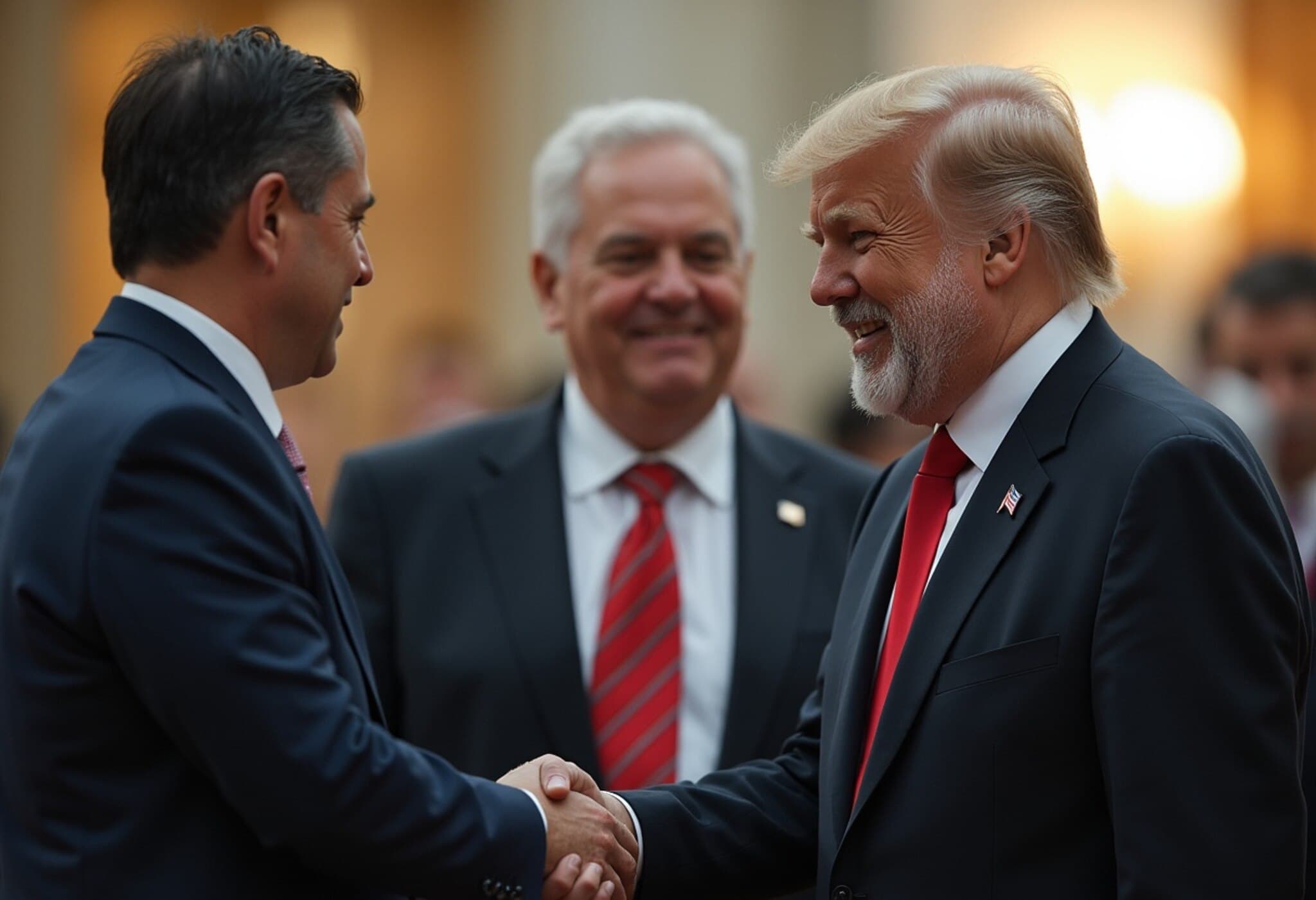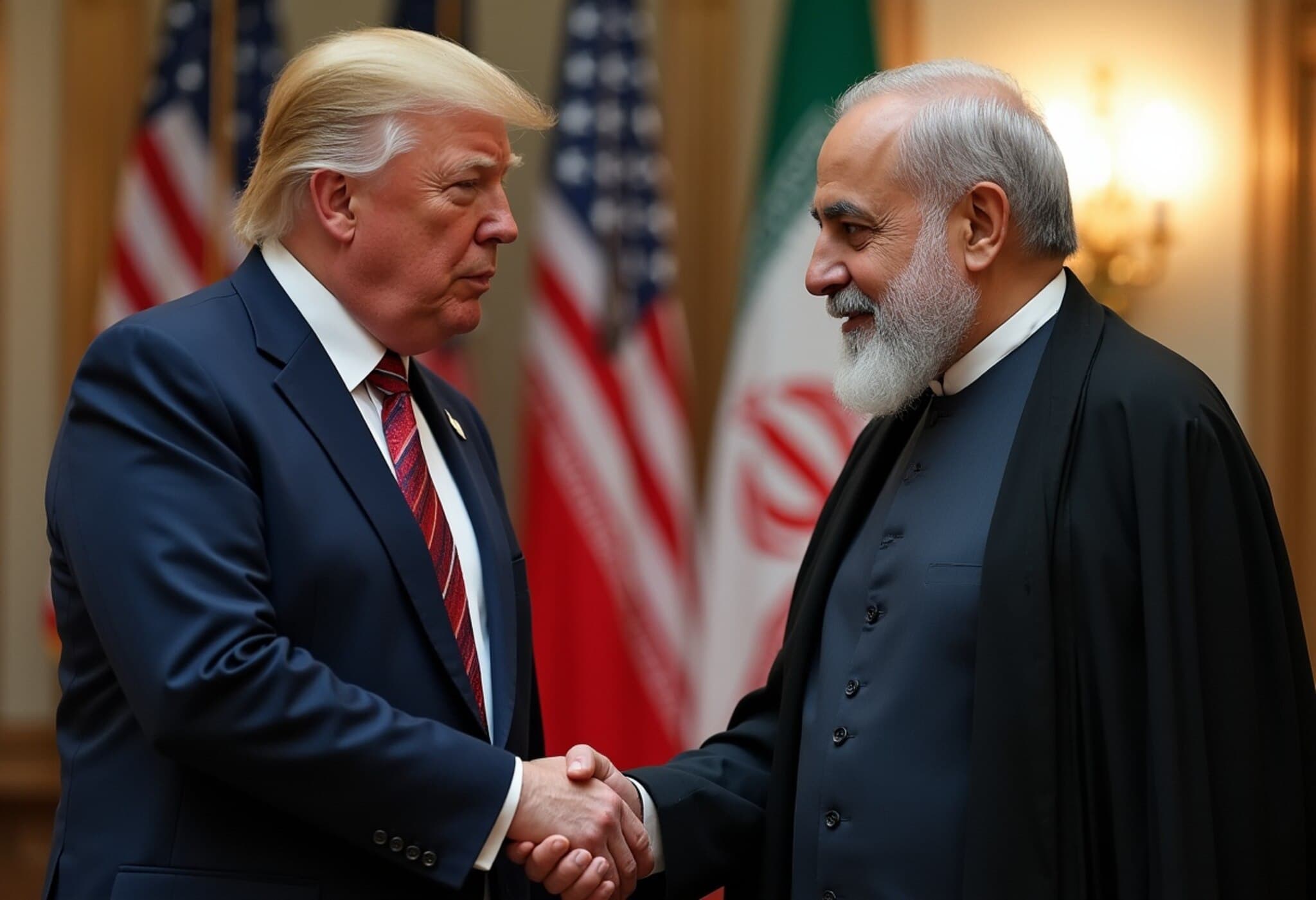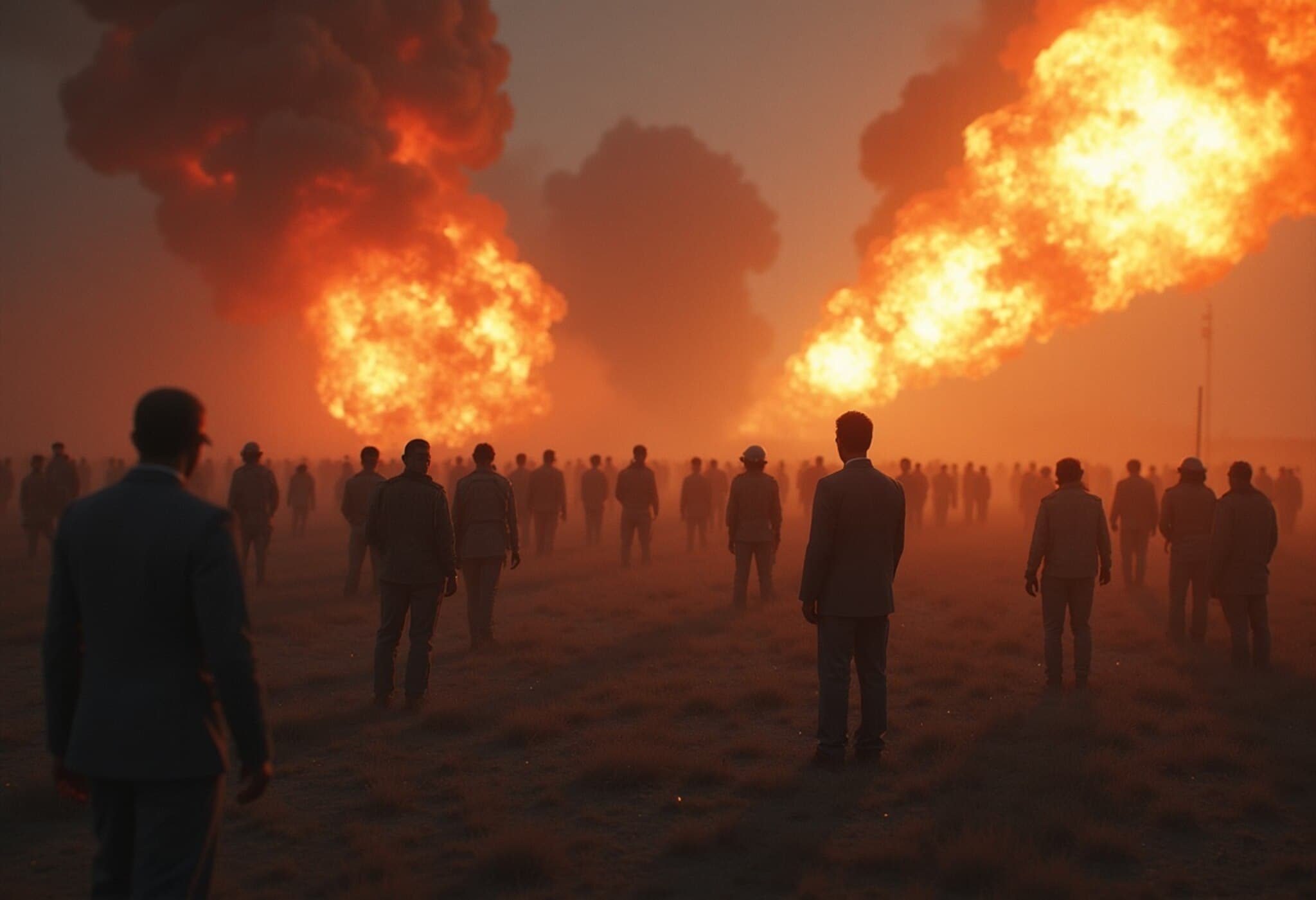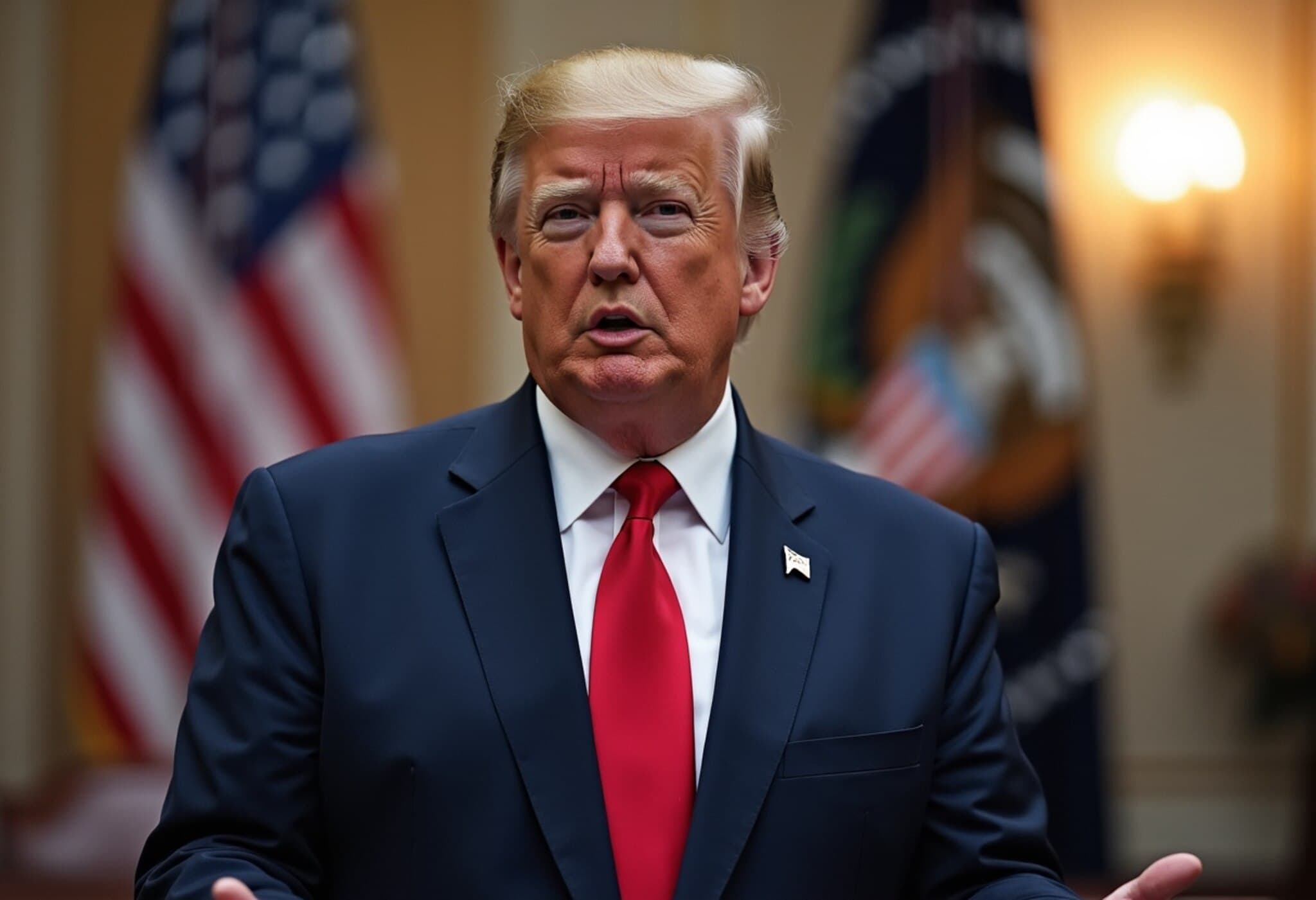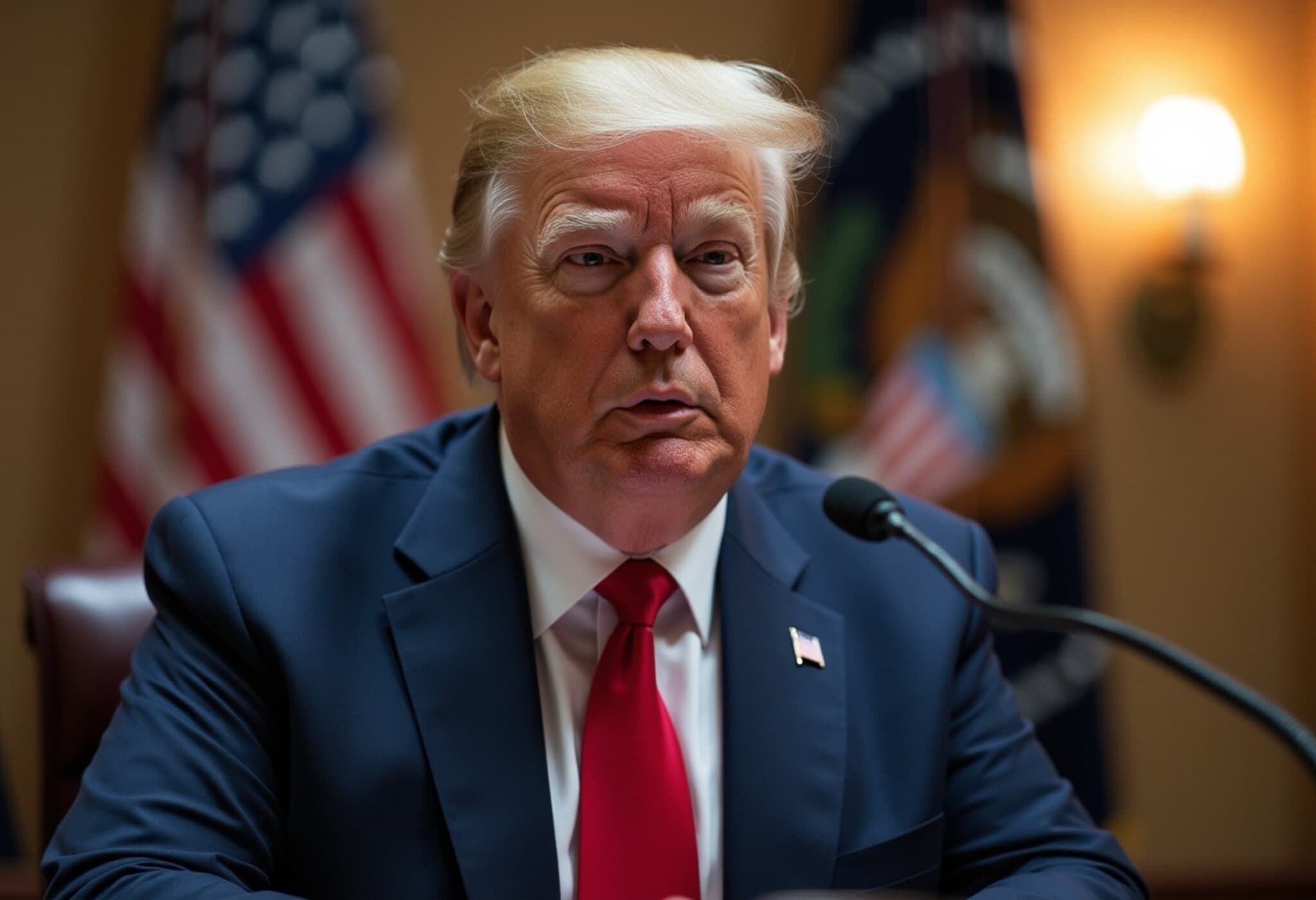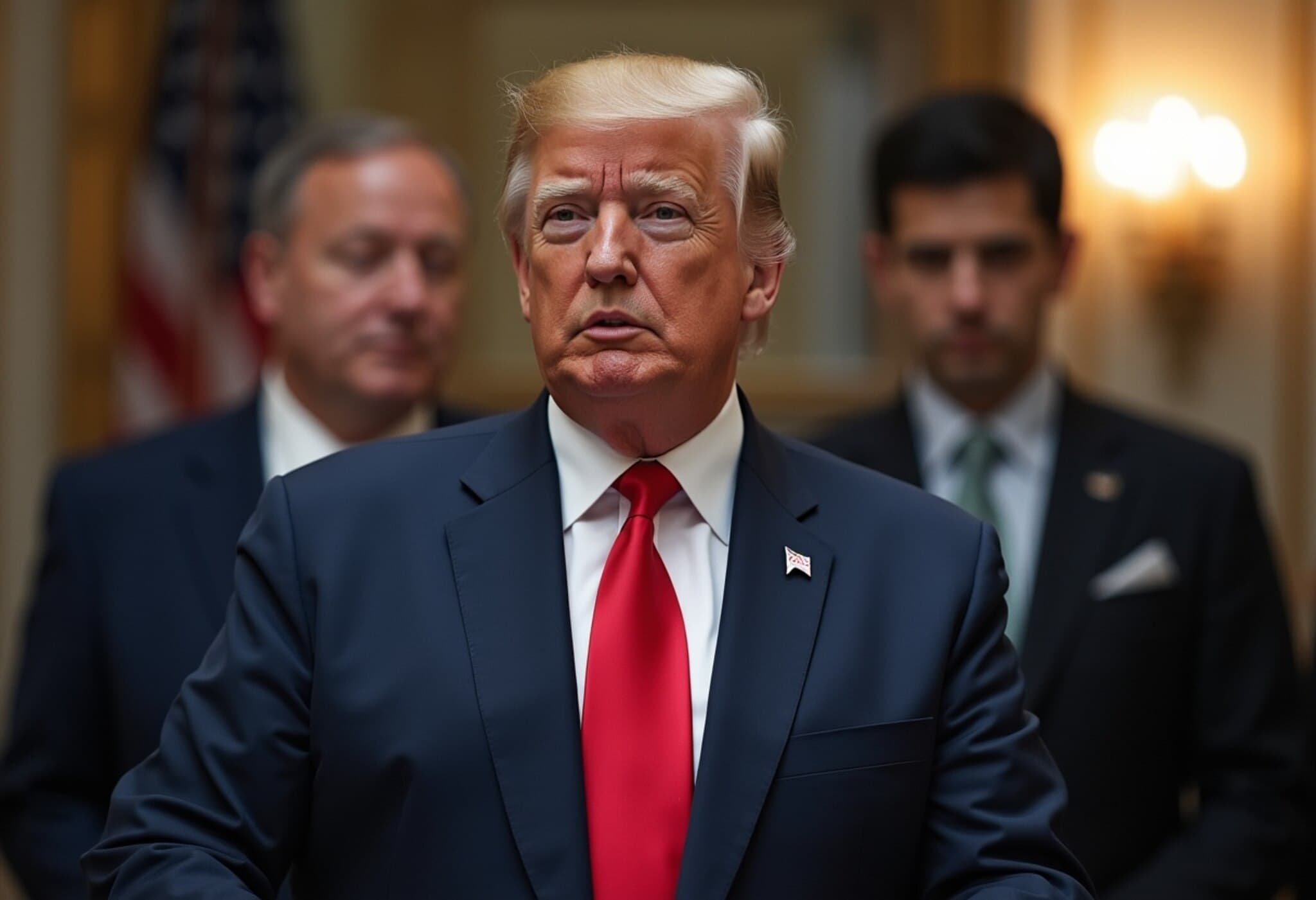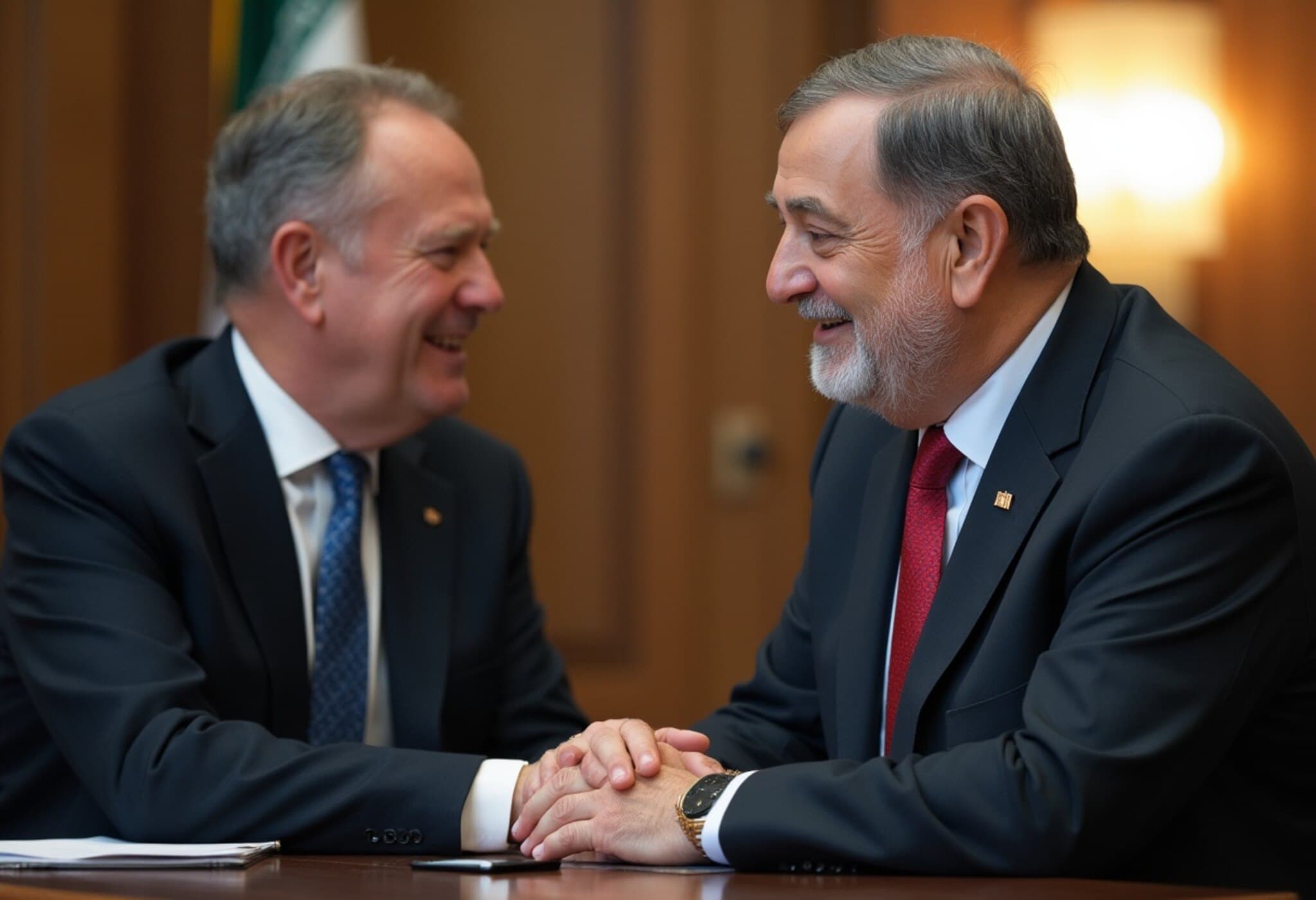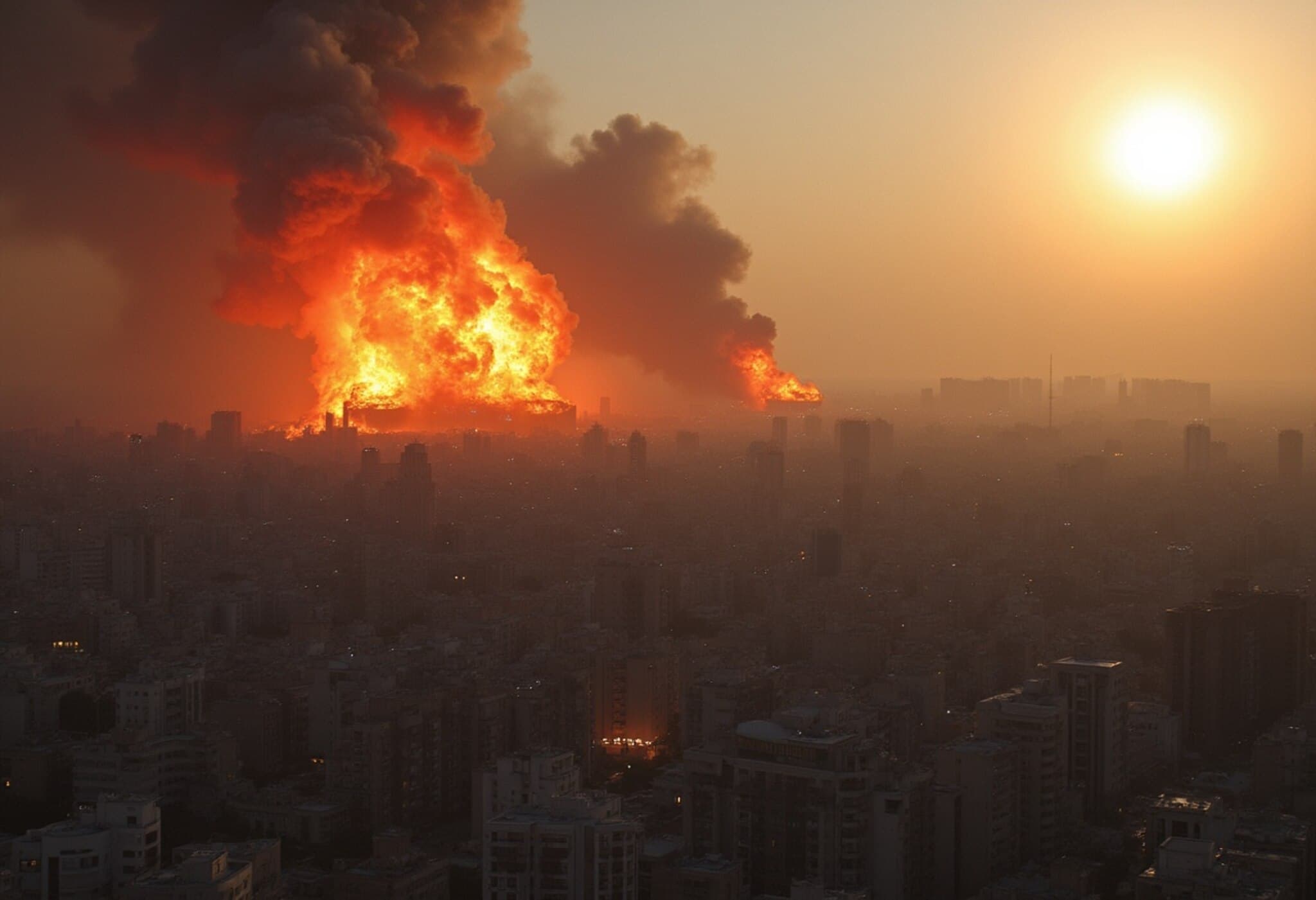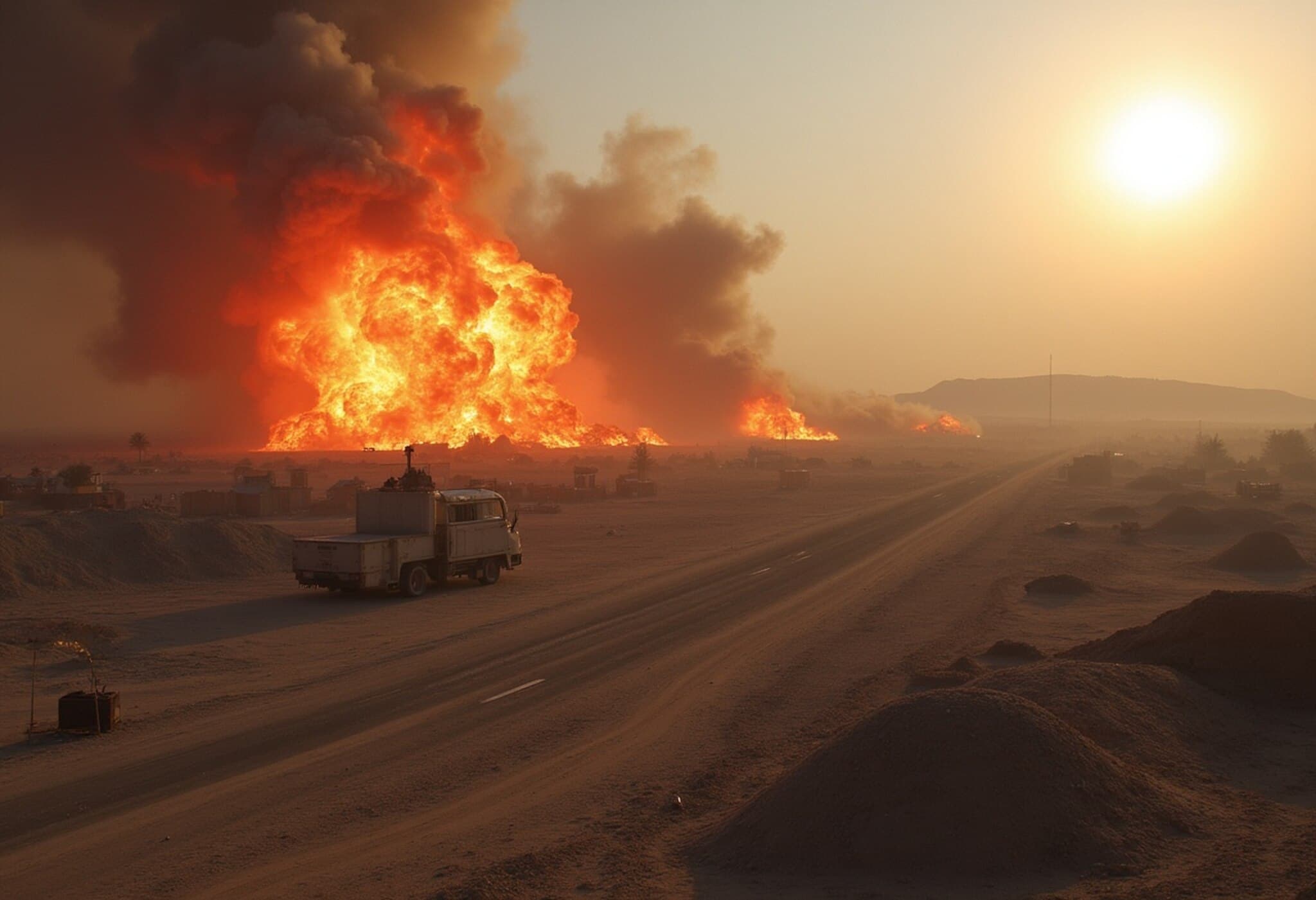Iran Denies Direct Negotiations with US, Cites Military Aggression
On August 4, 2025, Tehran reaffirmed its firm stance against direct diplomatic engagements with Washington, attributing recent military strikes on its nuclear sites to US aggression in concert with Israel. This position reflects deep-rooted mistrust and highlights the fragile state of nuclear diplomacy that has long defined Iran-US relations.
Background: The June Conflict that Shook Nuclear Talks
The June 2025 12-day conflict marked a significant escalation when Israel launched a series of airstrikes targeting Iranian military and nuclear infrastructure, including critical sites in Fordo, Isfahan, and Natanz. Uniquely, the United States actively participated alongside Israel, delivering attacks on Iranian nuclear facilities – an unprecedented move that disrupted already fragile nuclear negotiations.
Tehran’s Response: Demanding Accountability and Compensation
During a press briefing, Iranian Foreign Ministry spokesman Esmaeil Baqaei asserted that any future negotiations must include discussions about holding the United States accountable for its military actions against Iran's so-called peaceful nuclear program. This unprecedented demand for compensation signals Tehran’s attempt to frame the conflict not only as a political dispute but as an unjust attack that must be redressed.
Baqaei categorically ruled out direct talks with Washington, reinforcing Iran’s long-standing position that dialogue should not occur until the US changes its approach.
Diplomatic Fallout: Stalled Nuclear Negotiations and International Tensions
The recent hostilities effectively halted the nuclear talks that had resumed in April 2025 — the highest level of communication between the two nations since the US withdrew from the Joint Comprehensive Plan of Action (JCPOA) in 2018. Following the conflict, Iran ceased cooperation with International Atomic Energy Agency (IAEA) inspectors, demanding explicit security assurances before resuming engagement.
Washington’s response has been dismissive, branding Tehran’s compensation demands as "ridiculous," underscoring the widening gulf in expectations that stymies diplomatic progress.
Expert Insight: The Broader Implications for Regional Security
From an American policy perspective, Iran’s refusal to engage in direct talks complicates efforts to curb nuclear proliferation in the Middle East. Analysts highlight that the involvement of US forces in active strikes marks a new chapter in American military engagement, raising questions about the long-term feasibility of diplomatic solutions without robust security guarantees.
Furthermore, Tehran’s criticism of the IAEA— accusing it of politicization and lack of professionalism—reflects broader dissatisfaction with international oversight. The agency’s deputy chief is expected to visit Iran soon, a move closely watched as a potential signal of thawing relations or further discord.
European Powers Step In Amid Rising Sanctions Threat
Amid these tensions, Germany, Britain, and France recently held talks with Iranian diplomats, marking the first engagement since the conflict. These nations, integral to the original 2015 nuclear agreement, have warned of reimposing sanctions if Iran does not comply with limits on uranium enrichment and allow unfettered inspections.
Tehran, however, maintains its stance that sanctions are illegal and defends its sovereign right to enrich uranium— a position that continues to place it at odds with Western powers and Israel, which accuse Iran of seeking nuclear weapons— a charge Tehran consistently denies.
The Road Ahead: Navigating a Complex Diplomatic Landscape
As Iran pushes for compensation and refuses direct US dialogue, the landscape of nuclear diplomacy remains precarious. This stalemate accentuates the need for creative diplomatic approaches, possibly involving third-party mediators or multilateral frameworks to rebuild trust.
Critical questions emerge:
- Can European intermediaries bridge the widening trust gap between Iran and the US?
- What role will the IAEA play in balancing international oversight with Iran’s sovereignty concerns?
- How might escalating military engagements influence long-term regional stability?
Ultimately, the recent events reiterate that nuclear diplomacy in the Middle East is deeply intertwined with geopolitical tensions, security guarantees, and historical grievances—each requiring nuanced understanding and patient negotiation.
Editor’s Note
This unfolding story underscores the complex interplay of military action and diplomacy shaping Iran’s nuclear narrative. While Iran’s call for compensation introduces a novel dimension in international negotiations, it also reflects entrenched skepticism toward US intentions. Observers should watch forthcoming diplomatic moves, especially involving European powers and IAEA engagement, as indicators of whether a new chapter of dialogue and trust-building is possible—or if the region risks further destabilization.

